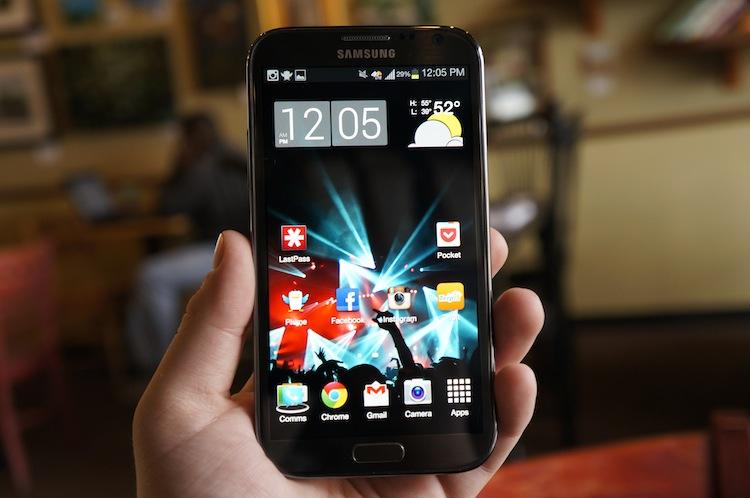
For the past five years or so, smartphones have been an increasingly common holiday present. In fact, I remember being green with envy when my sister was given a cell phone for Christmas when she was 13 (I was 11 at the time). A few years later, I was surprised with my one of my own for Christmas.
When I worked as a wireless sales consultant at a third party retailer, the holiday season was always the busiest. We had trouble keeping popular phones in stock for any amount of time and long lines were an unavoidable evil. And while I no longer work in retail, I imagine smartphones have only become an even more popular holiday gift.
Few, I imagine, would turn down a new smartphone. And considering the pocket-sized PCs serve as digital multi-tools of sorts (for entertainment, communication and work), they're the perfect gift for many folks, so long as you can work out the contract and monthly usage fees.
But over the years, smartphones have advanced and the plans offered by wireless providers have undergone quite a few changes. Smartphones are no longer small, email tools. They're multifaceted and come with a bevy of features that make them great for gaming on the go, email, browsing the Web and doing almost anything an average person would want or need a laptop for.
They're larger, faster and more powerful. And, most importantly, they're becoming more expensive with time. Or subsidizations aren't nearly as effective as before, I should say. Without a contract, the best smartphones on the market today only carry a price tag of $500 to $700, which isn't all that different from the phones of past. But the full retail pricing is not what most U.S. subscribers are interested in. It's the subsidized pricing they care about, and it's the subsidized pricing that's sometimes hard to justify.
The 16GB iPhone 5, for example, starts at $199 with a two-year agreement, which is normal. The 32GB model increases the price by $100 to $299, and the 64GB model is a staggering $399 with a two-year agreement.
Over the last two years, $300 with a two-year agreement has become a normal price for a high-end device with a contract. For example, the Samsung Galaxy Note II is $299 with a two-year agreement on AT&T, Verizon and Sprint. On T-Mobile, however, the Galaxy Note II goes for a staggering $369.99 with a two-year contract. That's only $280 off the full retail value.
And moving forward, it's only going to become easier and easier for carriers to breach the $300 mark as smartphones become more and more advanced and capable and the operating costs of building out their 4G networks increase.
However, the question I have is: will the increasing price of subsidized smartphones affect your shopping this holiday season?
Smartphones are nice, and all of your children, siblings, parents and friends will want one. But they're not cheap. If you buy one for a family member, unless you opt for a mid-range smartphone or last year's flagship model, you're looking at spending $200 to $300. If you're buying more than one for, say, your two teenagers, you're looking at anywhere from $400 to $600. And so on and so forth. Supplying a family with smartphones might cost you upwards of $1,000.
With affordable (yet still proficient) tablets becoming more and more common, it may be easier to opt for a non-binding gift, like a Nexus 7 or Kindle Fire HD, both of which start at $199 and no contracts to be had. And if you're with AT&T, T-Mobile or a prepaid, provider the Google Nexus 4 by LG is cheap. It starts at $299 for the 8GB model and $349 for the 16GB model, but those prices are sans contract.
If you're still determined to buy smartphones for holiday presents, your best bet is looking for deals at either the carrier store or through third-party retailers, such as Best Buy, RadioShack or even Amazon Wireless. Through third-party retailers, you may get likely enough to find a great deal that can make the entire family's devices affordable.
I know no one in my family will be getting a new phone for the holidays. But will you be buying phones for your family members? Your children? Parents? Siblings? Or do the ever-increasing prices discourage you from buying smartphones in your holiday shopping?